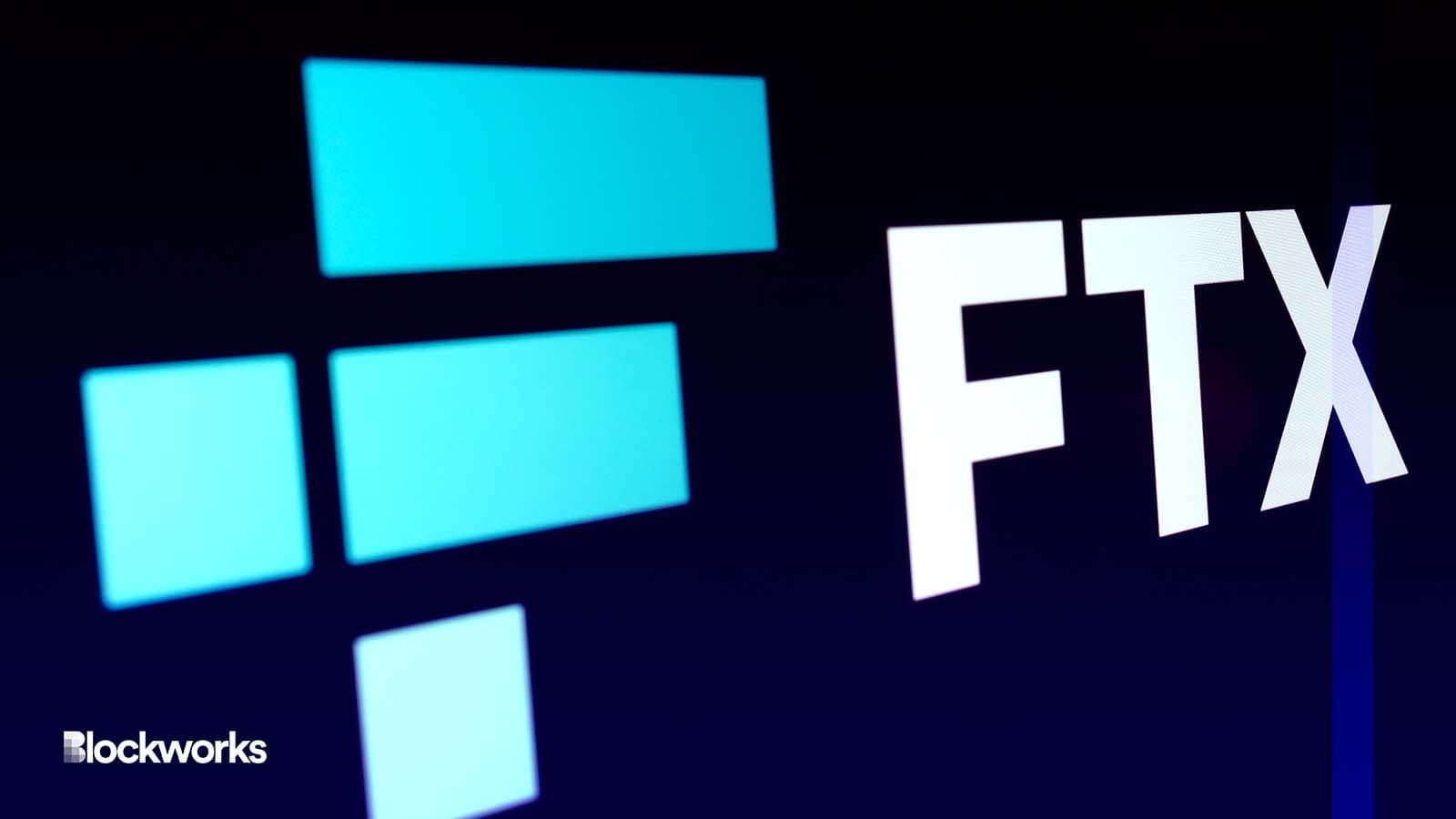8 New Findings About FTX From Exchange’s New Management
New revelations about FTX’s inefficiency could impact ongoing charges against SBF

mundissima/Shutterstock modified by Blockworks
FTX’s new management, led by CEO John Ray III, disclosed more findings about the company in an interim report, published on April 9. The document detailed some of the exchange’s inner workings, and revealed practices that seem to indicate it was ill-equipped to deal with large amounts of customer funds.
The parties claim to have reviewed over one million documents, including Slack and Signal communication, Google Drive and QuickBooks, some laptops and other electronic devices, and conducted 19 interviews with employees.
FTX was managed by a small group of individuals, who the report claimed “stifled dissent, commingled and misused corporate and customer funds, lied to third parties about their business, joked internally about their tendency to lose track of millions of dollars in assets, and thereby caused the FTX Group to collapse as swiftly as it had grown.”
Rejecting advice to improve controls
Certain employees had unrestricted power over things like transfers of fiat money and cryptocurrency, and making hiring or firing decisions.
Former FTX CEO Sam Bankman-Fried disregarded advice to improve FTX’s oversight practices, ultimately exposing employees to bad practices and misconduct.
Inexperienced key personnel
Bankman-Fried, co-lead engineer Nishad Singh and co-founder Gary Wang — who allegedly held the most power — had limited experience in risk management or running a business. Yet they controlled “nearly every significant aspect” of FTX, according to the interim filing.
“The FTX Group lacked independent or experienced finance, accounting, human resources, information security, or cybersecurity personnel or leadership, and lacked any internal audit function whatsoever. Board oversight, moreover, was also effectively non-existent,” the report said.
Barely any role for regular employees
Most decisions were taken by executive-level employees, even if other employees were hired to do the same job. One executive said: “if Nishad [Singh] got hit by a bus, the whole company would be done. Same issue with Gary [Wang].”
FTX.US president resignation
Brett Harrison, president of FTX’s US operations, resigned after a “protracted disagreement” with Bankman-Fried and Singh over unorganized delegation of authority, the management structure and key hires at the company. Harrison’s bonus was reduced significantly and he was asked to apologize to Bankman-Fried for bringing up his concerns.
No records
FTX wasn’t aware of employees on payroll as it didn’t have a complete list of all names. It also appears the company did not track finances or accounts, and didn’t fill key positions like a chief financial officer, chief risk officer, global controller, or chief internal auditor.
It also didn’t have important internal subdivisions, like financial risk, audit or treasury departments.
Several entities used QuickBooks (which is software designed for small and mid-sized businesses, not multi-billion dollar financial corporations) for their accounts and reportedly “relied on a hodgepodge” of Google documents, Slack, shared drives and Excel to manage assets and liabilities.
“Normally… there are readily identifiable records, data sources, and processes that can be used to identify and safeguard assets of the estate. Not so with the FTX Group,” the report said.
“Alameda is unauditable”
Those were the words of FTX’s disgraced boss, who didn’t seem too bothered that funds weren’t being tracked.
“We sometimes find $50m of assets lying around that we lost track of; such is life,” he said in an internal communication.
Alameda funded insiders’ personal expenses
There were no formal processes established for internal transfers. Alameda, which was given “extraordinary privileges,” routinely transferred funds to insiders for personal investment, political contributions and other expenses marked as personal loans.
Insufficient security
FTX failed to implement basic security controls to protect its networks despite handling significant funds. It didn’t enforce multi-factor authentication despite Bankman-Fried publicly stressing the importance of two-factor authentication.
Computer infrastructure and IT services were commonly shared between FTX.com, FTX.US and Alameda, greatly exposing the entities to the risk of a security breach or misuse.
Bankman-Fried currently faces 12 criminal charges. He is currently on bail, living with his parents in California as he awaits a trial scheduled for October.
The FTX interim report indicates just how deep the rot pervaded SBF’s empire, said Sigal Baran Nagar, vice president marketing at self-custody platform GK8.
“I sincerely hope that the information and evidence described in the report will be used against SBF,” he told Blockworks.
Maia Benzimra, head of institutional marketing at SpoolDAO, said the discovery of Bankman-Fried’s failures is bound to be used as a basis in driving home the charges brought forward against him.
“What will now be so interesting to watch is how the prosecutors draw on these failures to build their case and set a precedent that will place other crypto founders on their toes and likely help prevent similar re-occurrences in the near future,” she said.
Updated April 13, 2023 at 9:25 am ET: A previous version of this article cited Lior Lamesh, CEO at GK8, but should have cited Sigal Baran Nagar, vice president marketing at self-custody platform GK8.
Get the news in your inbox. Explore Blockworks newsletters:
- The Breakdown: Decoding crypto and the markets. Daily.
- 0xResearch: Alpha in your inbox. Think like an analyst.






